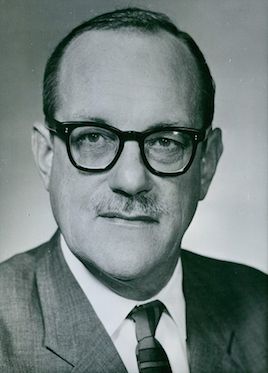
Sir David Clive Crosbie Trench was a British Army officer and colonial governor who served as the Governor of Hong Kong from April 15, 1964 to October 19, 1971 and was High Commissioner for the Western Pacific.
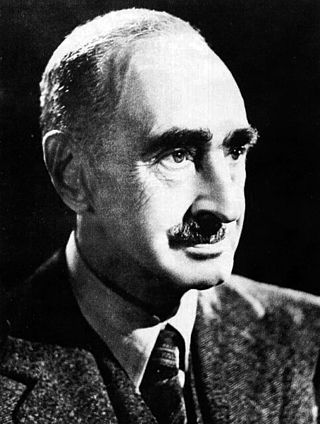
Sir Andrew Caldecott was a British colonial administrator.
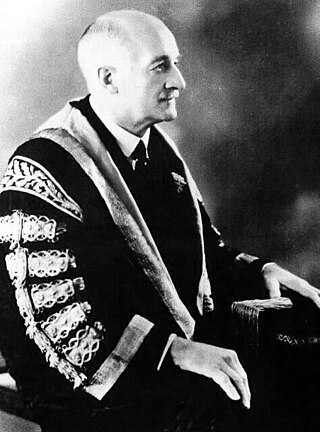
Sir William Peel was a British colonial administrator who served as Governor of Hong Kong.
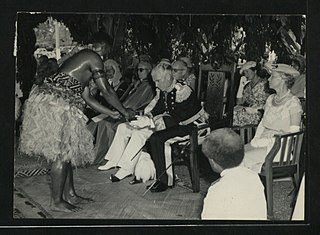
Sir Kenneth Maddocks, was a British colonial official who served as Governor and Commander-in-Chief of Fiji from 1958 until 1963.
Christopher John Turner, CBE was a British colonial administrator and diplomat.
Sir Percy Wyn-HarrisKCMG MBE KStJ was an English mountaineer, colonial administrator, and yachtsman. He worked in the Colonial Service in Africa and served as Governor of the Gambia from 1949 to 1958.
The Colonial Service, also known as His/Her Majesty's Colonial Service and replaced in 1954 by Her Majesty's Overseas Civil Service (HMOCS), was the British government service that administered most of Britain's overseas possessions, under the authority of the Secretary of State for the Colonies and the Colonial Office in London. It did not operate in British India, where the same function was delivered by the Indian Civil Service, nor in the Anglo-Egyptian Sudan, which was administered by the Sudan Political Service, nor in the internally self-governing colony of Southern Rhodesia.

In the Commonwealth of Nations, a high commissioner is the senior diplomat, generally ranking as an ambassador, in charge of the diplomatic mission of one Commonwealth government to another. Instead of an embassy, the diplomatic mission is generally called a high commission.
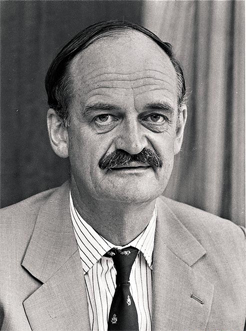
David Gregory Jeaffreson, CBE, JP was a British colonial government official and civil servant. He arrived in Hong Kong in 1961 serving as Administrative Officer, and was Secretary for Economic Services and Secretary for Security in 1970s and 1980s, during which he had also been appointed as official Legislative Councillor for more than ten years.
Sir Douglas James Jardine was a British colonial administrator, holding the posts of Governor of North Borneo, Sierra Leone and the Leeward Islands during his career.

Sir Donald Collin Cumyn Luddington, was a British colonial government official and civil servant who served firstly in the Hong Kong Government and became District Commissioner, New Territories and the Secretary for Home Affairs successively, during which he had also served as an official member of the Legislative Council. He was later promoted to Oceania and was High Commissioner for the Western Pacific and Governor of the Solomon Islands during the period from 1973 to 1976. He returned to Hong Kong in 1977 to replace Sir Ronald Holmes as chairman of the Public Service Commission. He was the second person, after Sir Jack Cater, to hold the post of Commissioner of ICAC from 1978 until his retirement in 1980.
The New Year Honours 1955 were appointments in many of the Commonwealth realms of Queen Elizabeth II to various orders and honours to reward and highlight good works by citizens of those countries. They were announced on 1 January 1955 to celebrate the year passed and mark the beginning of 1955.
The New Year Honours 1957 were appointments in many of the Commonwealth realms of Queen Elizabeth II to various orders and honours to reward and highlight good works by citizens of those countries. They were announced in supplements to the London Gazette of 28 December 1956 to celebrate the year passed and mark the beginning of 1957.
The King's Birthday Honours 1951 were appointments in many of the Commonwealth realms of King George VI to various orders and honours to reward and highlight good works by citizens of those countries. The appointments were made to celebrate the official birthday of the King, and were published on 1 June 1951 for the British Empire, Australia, New Zealand, Ceylon, and Pakistan. These were the last Birthday Honours awarded by George VI, who died eight months later.

The Crown Colony of North Borneo was a Crown colony on the island of Borneo established in 1946 shortly after the dissolution of the British Military Administration. The Crown Colony of Labuan joined the new Crown Colony during its formation. It was succeeded as the state of Sabah through the formation of the Federation of Malaysia on 16 September 1963.
The 1928 Birthday Honours were appointments by King George V to various orders and honours to reward and highlight good works by citizens of the British Empire. The appointments were made to celebrate the official birthday of The King, and were published in The London Gazette on 4 June 1928.
Anthony Hamilton Millard Kirk-Greene CMG MBE was a British historian and ethnographer best known for his works on Nigerian history and the history of British colonial administration in Africa. After a career as a colonial official, Kirk-Greene became a fellow of St Antony's College, Oxford, where he was lecturer in the modern history of Africa from 1967 to 1992. He was president of the African Studies Association of the UK from 1988 to 1990 and vice-president of the Royal African Society.

Sir Anthony Foster Abell was a British colonial official who was the Governor of Sarawak and British High Commissioner to Brunei.
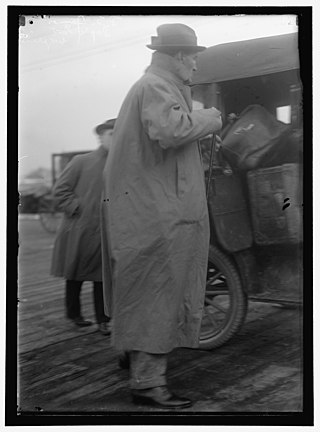
Sir Frederick Seton James was a British colonial administrator. He was the Colonial Secretary of the Straits Settlements (1916–1924) and Governor of the Windward Islands (1924–1930).
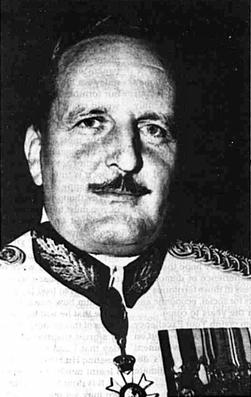
Sir Alexander Nicol Anton Waddell was a British colonial administrator and governor who became the fourth Governor of Sarawak from 1960 to 1963, and Colonial Secretary of the Gambia from 1952 to 1957.











